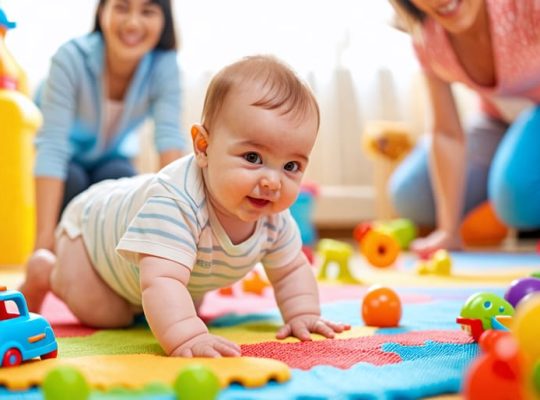Unlocking the Connection: How Diet Impacts Your Child’s Mental Health
Improve your child’s mental health by incorporating more omega-3-rich foods such as fish, flaxseeds, and walnuts. These nutrients are essential for brain health and emotional regulation. Reduce processed sugar intake, which can cause mood swings and irritation, by replacing sugary snacks with fruit, yogurt, or nuts. Ensure daily meals are well-balanced with whole grains, lean proteins, and colorful vegetables to stabilize energy and promote well-being. Encourage hydration by providing access to water and limiting sugary drinks, as dehydration can negatively affect mood and concentration. For a comprehensive approach to enhancing your…










